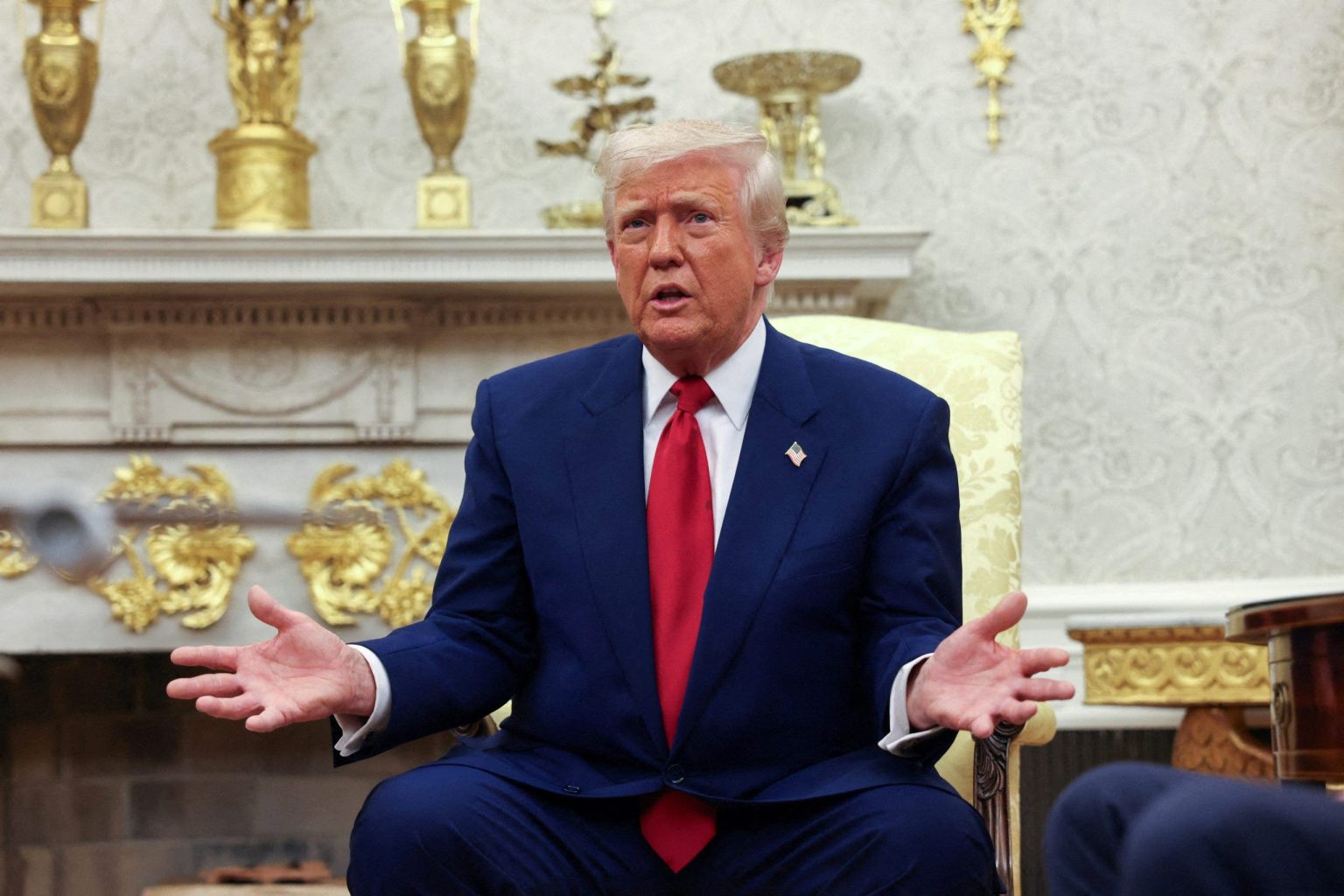Two federal judges recently issued temporary restraining orders against the Trump administration’s use of the Alien Enemies Act to deport Venezuelan nationals. The rulings came from U.S. District Judge Fernando Rodriguez Jr. in Texas and U.S. District Judge Alvin Hellerstein in New York amidst ongoing legal battles regarding a wartime immigration law that allows for expedited removals. The judges’ decisions are significant steps in a legal saga that raises questions about immigration law and the due process rights of migrants.
| Article Subheadings |
|---|
| 1) Legal Action Against Deportations |
| 2) The Rulings from Federal Courts |
| 3) Implications of the Alien Enemies Act |
| 4) Background on the Supreme Court’s Involvement |
| 5) Future Steps and Ongoing Legal Challenges |
Legal Action Against Deportations
The legal actions taken against the Trump administration’s deportation efforts primarily stemmed from lawsuits filed by Venezuelan nationals. In Brownsville, Texas, and Orange County, New York, plaintiffs contended that their removals were being hastened without the proper legal basis. The plaintiffs raised concerns about the immediate effects of their deportation under the Alien Enemies Act, a law that was revised and utilized in recent efforts to expeditiously remove certain migrants classified as threats. Legal representation sought to ensure that affected individuals received fair due process before any deportation was carried out, asserting that these individuals would face great risk if sent back to their home country.
The Rulings from Federal Courts
The rulings delivered by U.S. District Judges Fernando Rodriguez Jr. and Alvin Hellerstein provided immediate relief to the plaintiffs. Judge Rodriguez granted a temporary restraining order preventing the deportation of three Venezuelan nationals from El Valle Detention Center in Texas, suggesting that their immediate removal could lead to “irreparable injury.” He elaborated on the potential consequences, stating that if deported, these individuals might struggle to return to the United States and could lose their right to legal recourse. Judge Hellerstein’s ruling in New York addressed similar concerns, blocking the use of the Alien Enemies Act for the deportation of two other Venezuelan nationals and underlining their imminent risk of removal without due process.
Implications of the Alien Enemies Act
The legal implications surrounding the Alien Enemies Act are significant. Originating from wartime legislation established in 1798, it grants the government the authority to remove individuals deemed enemies during hostilities. Lawyers for the plaintiffs emphasized that invoking such a military authority against foreign nationals does not align with peacetime legal standards and protections. ACLU representatives pointed out that the act was not intended for use in deporting suspects of gang affiliations and stressed the need for stringent due process, especially in determining eligibility for deportation.
Background on the Supreme Court’s Involvement
The recent rulings coincided with a 5-4 decision by the U.S. Supreme Court, which had lifted a prior restraining order that had temporarily blocked the use of the Alien Enemies Act. While the Supreme Court acknowledged the necessity for individuals slated for deportation to challenge their removals in a U.S. court, it also stipulated that these proceedings must occur within federal jurisdictions where detainees are held. This ruling has raised concerns about the availability and accessibility of legal resources for migrants facing deportation proceedings, potentially complicating their ability to mount effective challenges against removal orders.
Future Steps and Ongoing Legal Challenges
Looking ahead, both judges in Texas and New York indicated they would reconvene to further evaluate the necessity of extending temporary relief for the plaintiffs. Judge Rodriguez mentioned that the court would consider the overall legal landscape and the implications of continued removals over the ensuing weeks. With ongoing litigation likely and heightened scrutiny around immigration policies, the outcome of these cases could lead to further modifications of how the Alien Enemies Act is applied or ultimately impact the approaches taken by the Trump administration toward immigration enforcement.
| No. | Key Points |
|---|---|
| 1 | Two federal judges issued temporary restraining orders against the Trump administration’s use of the Alien Enemies Act. |
| 2 | Judge Rodriguez ruled in favor of Venezuelan nationals by blocking their deportation, asserting potential “irreparable injury.” |
| 3 | The Alien Enemies Act has been contested as inappropriate for use in deporting individuals during peacetime. |
| 4 | The Supreme Court’s ruling emphasized the need for due process protections in deportation cases. |
| 5 | Future court proceedings are anticipated to further address the legal challenges posed by these cases. |
Summary
The temporary blocks instituted by the federal judges represent a critical moment in the ongoing legal discourse surrounding immigration policies tied to wartime laws. As litigation continues, both the administration and advocates for migrants will be closely monitoring the outcomes. The rulings affirm the importance of due process rights while spotlighting the legal limits of utilizing wartime statutes in contemporary immigration enforcement.
Frequently Asked Questions
Question: What does the Alien Enemies Act authorize?
The Alien Enemies Act permits the government to remove individuals deemed to be enemies during wartime, but its application in peacetime is contentious and raises serious legal and ethical concerns.
Question: How are temporary restraining orders used in immigration cases?
Temporary restraining orders serve as immediate legal relief to halt actions—like deportations—that may cause immediate harm to individuals while further legal proceedings are evaluated.
Question: What arguments are made against the use of the Alien Enemies Act for deportation?
Opponents argue that the Act was intended for wartime use against foreign combatants and is inappropriate for addressing issues related to immigration and gang affiliation in peacetime.


